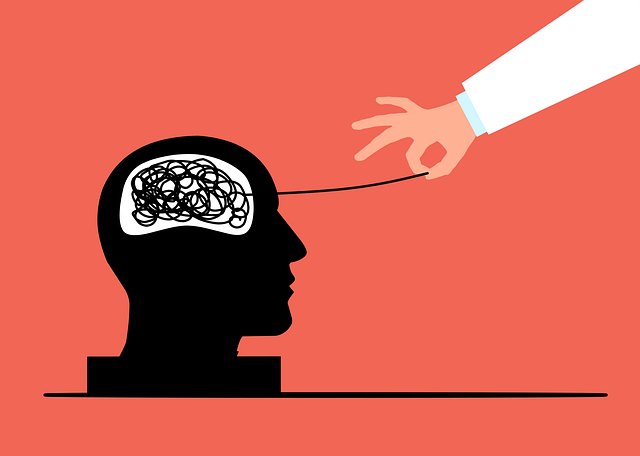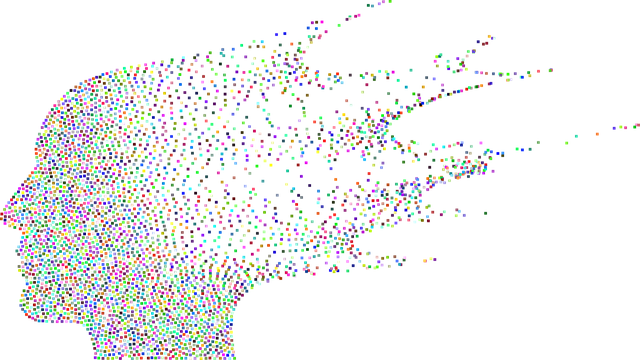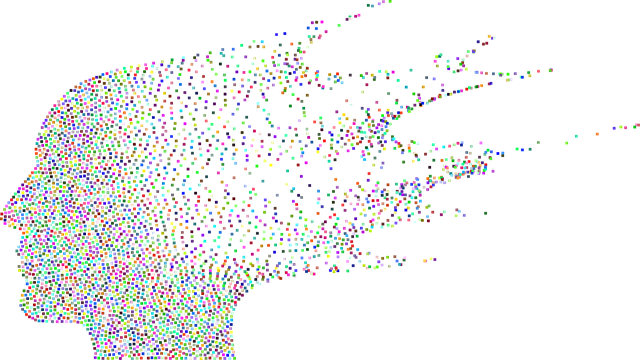The media's portrayal of mental illness, such as Conduct Disorder, significantly impacts public understanding and can perpetuate harm through stereotypes. To challenge this, a multifaceted approach is required, including awareness campaigns, accurate portrayals, and empathy-building in storytelling. Boulder Conduct Disorder Therapy takes a unique case study methodology to offer nuanced insights into conduct disorder, enhancing professional interventions and fostering more empathetic media representations, ultimately reducing stigma and promoting support for those affected.
In today’s media landscape, accurate representation of mental health is crucial. This article explores the challenges posed by prevalent stereotypes and misinformation surrounding mental illness, particularly focusing on conduct disorder. We delve into the profound impact of media portrayal on public perception and offer effective strategies for positive change. Additionally, we present a case study on Boulder Conduct Disorder Therapy, highlighting innovative approaches that challenge traditional narratives and foster understanding.
- Understanding Mental Illness Representation in Media
- The Impact of Stereotypes and Misinformation
- Effective Strategies for Positive Change
- Boulder Conduct Disorder Therapy: A Case Study Approach
Understanding Mental Illness Representation in Media

Mental illness representation in media plays a significant role in shaping public understanding and perceptions. It’s crucial to recognize that media outlets often act as powerful narrators, influencing how society views various mental health conditions. Accurate and sensitive portrayal of mental illness can foster empathy, reduce stigma, and encourage individuals struggling with their mental health to seek help. Conversely, inaccurate or stereotypical representation can perpetuate harmful misconceptions, leading to further marginalization and barriers to access for those in need, such as individuals dealing with Conduct Disorder seeking Boulder Conduct Disorder Therapy.
Understanding the impact of media representation is the first step towards challenging negative stereotypes. This involves recognizing how media often presents mental illness through a lens of fear, drama, or sensationalism, which can overshadow the individual experiences and diverse presentations of these conditions. To address this challenge, initiatives like Crisis Intervention Guidance and Coping Skills Development within media platforms, alongside Public Awareness Campaigns Development, can help promote more nuanced and accurate portrayals. Such efforts are vital to creating an environment where mental illness is met with compassion rather than misconception or fear.
The Impact of Stereotypes and Misinformation

The media’s portrayal of mental illness often perpetuates harmful stereotypes and misinformation, which can significantly impact public understanding. When media characters with mental health struggles are depicted through one-dimensional lenses—such as the aggressive or passive individual—it reinforces societal biases and contributes to the stigmatization of these conditions. This representation fails to capture the complexity and diversity of mental illnesses, including conduct disorders like those often associated with Boulder Conduct Disorder Therapy. Such stereotypes can lead to a lack of empathy from the audience, hindering support and understanding for individuals facing these challenges.
Addressing these issues requires a multi-faceted approach. Self-Awareness Exercises can empower media creators to recognize their biases. Public Awareness Campaigns Development focused on accurate representation can educate the public, fostering a more empathetic society. Additionally, implementing Empathy Building Strategies within storytelling may offer nuanced portrayals, encouraging viewers to view individuals with mental health conditions as whole people, rather than definitions limited by their illness.
Effective Strategies for Positive Change

In challenging the negative representation of mental illness in media, a multifaceted approach is required. One effective strategy involves Communication Strategies that prioritize empathy and accuracy. This includes encouraging open dialogue about mental health issues, dispelling myths, and fostering understanding among both the public and media professionals. By integrating these conversations into daily discourse, we can create an environment where individuals struggling with conditions like Boulder Conduct Disorder Therapy feel less stigmatized and more supported.
Additionally, Self-Esteem Improvement plays a crucial role in shaping positive narratives. Empowering those affected by mental illness to share their stories authentically—on their terms—can be transformative. Media platforms can facilitate this by offering spaces for diverse voices, ensuring that representation is not limited to stereotypical portrayals. Furthermore, implementing Mental Health Education Programs Design tailored to media creators and journalists can equip them with the knowledge and skills needed to portray mental illness responsibly, contributing to a more nuanced and compassionate public discourse around these issues.
Boulder Conduct Disorder Therapy: A Case Study Approach

Boulder Conduct Disorder Therapy offers a promising approach to addressing mental illness representation in media by employing a case study methodology. This innovative strategy delves into real-life scenarios, providing insights into the complex nature of conduct disorder and its impact on individuals. By studying individual cases, therapists can tailor interventions that not only target problematic behaviors but also foster social skills training and self-esteem improvement.
The case study approach allows for a nuanced understanding of risk management planning for mental health professionals, ensuring effective treatment while mitigating potential risks. Through these detailed explorations, Boulder Conduct Disorder Therapy challenges stereotypical media portrayals by humanizing individuals with conduct disorders, promoting empathy, and encouraging more accurate representation in popular culture.
Mental illness representation in media has long been a topic of debate, with stereotypes and misinformation contributing to stigma. However, by adopting effective strategies for positive change, such as showcasing diverse narratives and consulting with experts like those at Boulder Conduct Disorder Therapy, we can foster greater understanding and empathy. This case study approach highlights the power of accurate representation, offering a roadmap for media creators to challenge existing paradigms and promote mental health awareness. Ultimately, through conscious effort and collaboration, we can revolutionize how mental illness is depicted in the media.














